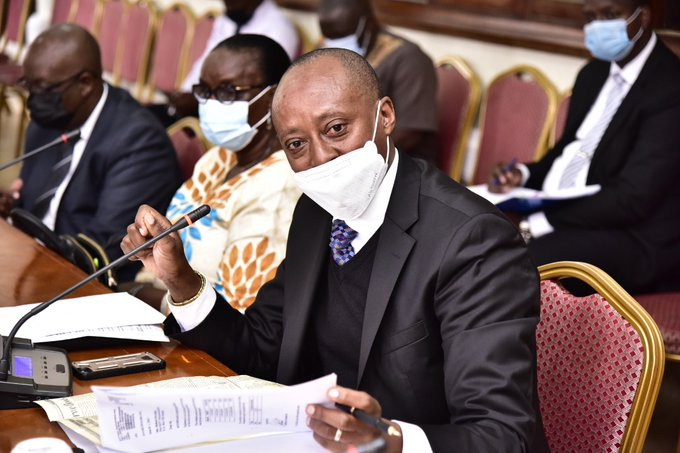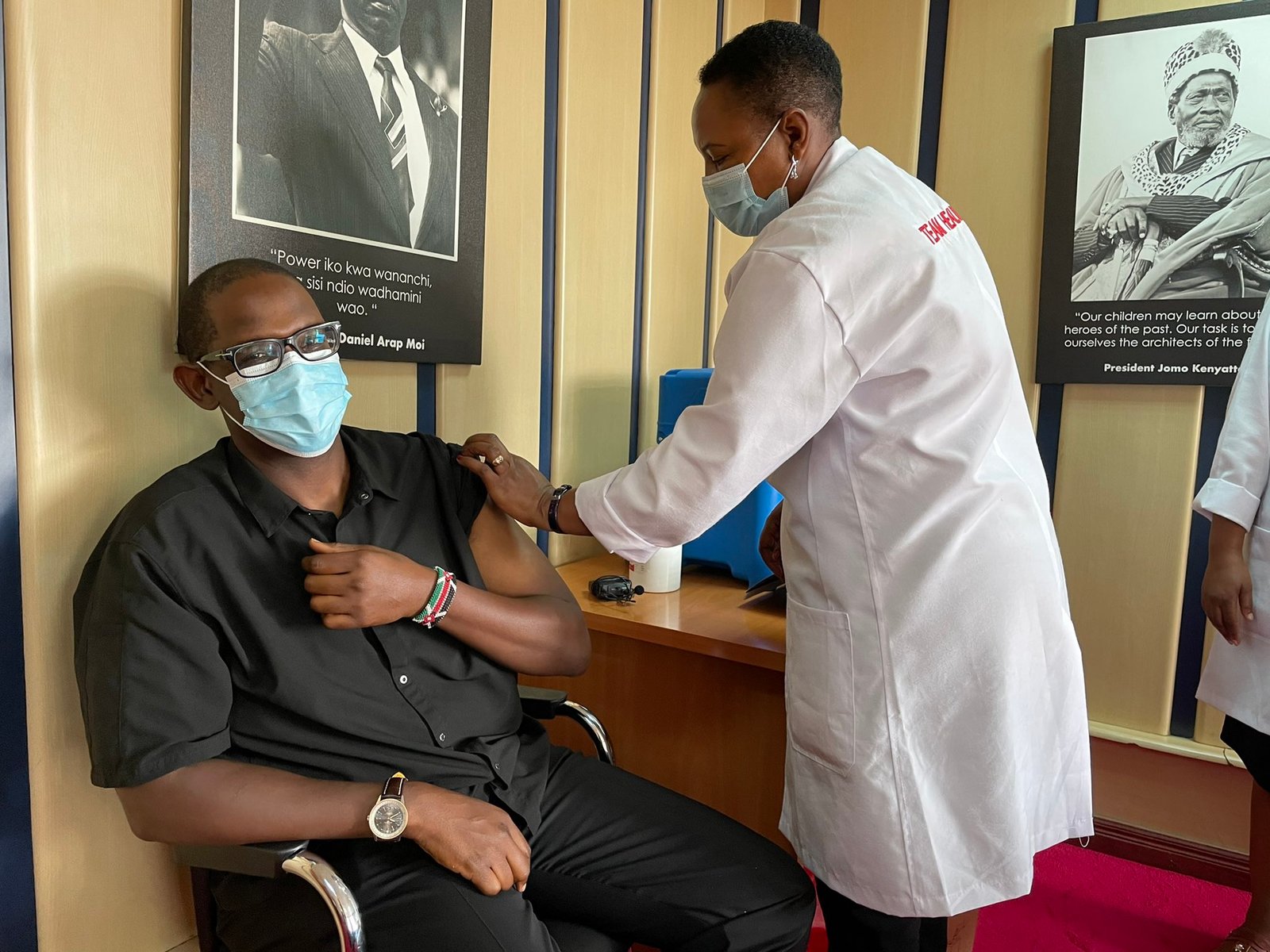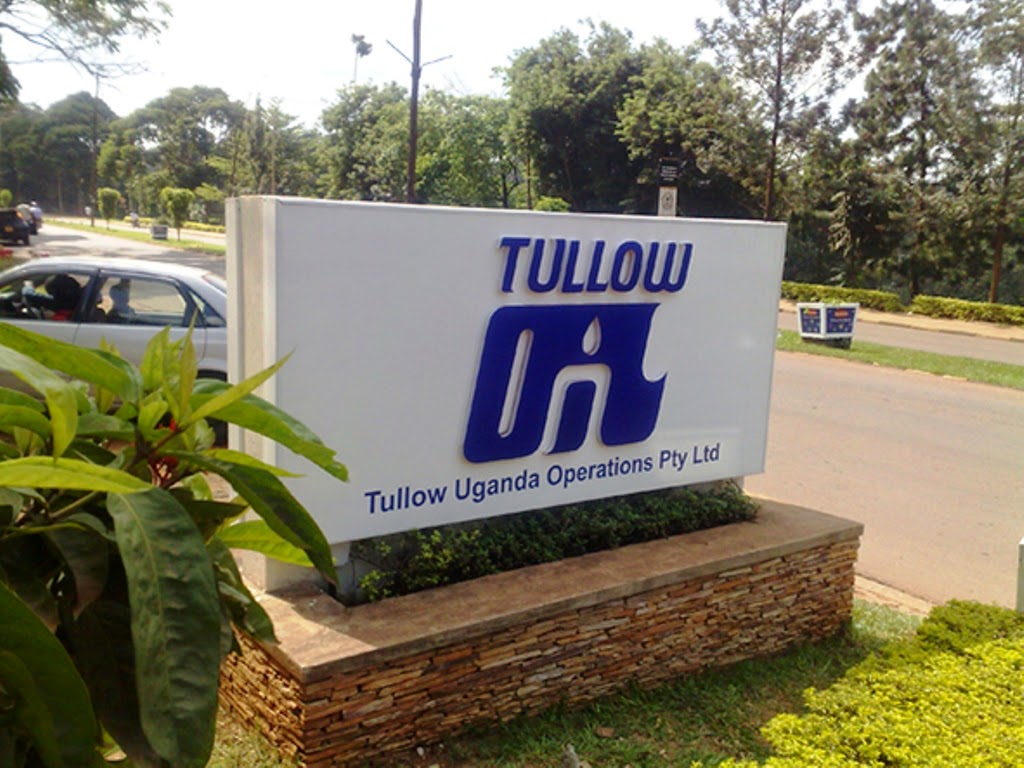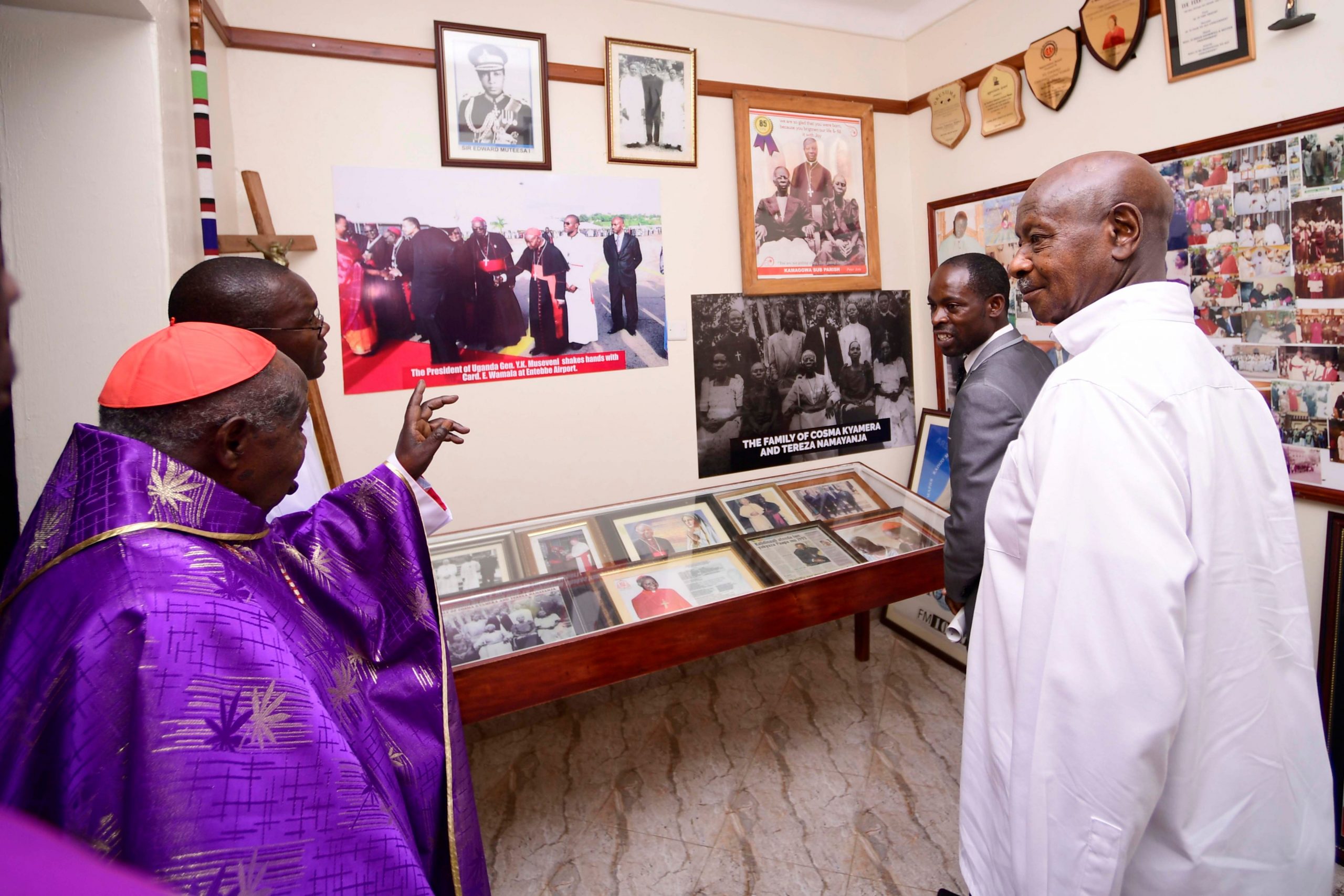Parliament’s Finance Committee on Tuesday started hearing a petition by Gateway Research Center, a non-profit organization that seeks intervention in the reduction of internet, water and power costs.
Led by Susanne Nannozi Ggoobi, the Organization Executive Director, the petitioners say that the intervention by the government is necessary for the recovery of the country’s economy.
In their petition, the research organization seeks the scrapping of the 12 percent excise duty on internet data, which they say has led to citizens purchasing a low data volume at a high cost.
This tax was introduced last year and it replaced the Over the Top (OTT) levy on data. The tax was replaced over its unpopularity and failure for the tax body to hit its revenue target.
Godfrey Lukyamuzi, the policy analyst at Gateway Research Center said that the Covid-19 pandemic has led to a shift from traditional physical management and business approach to digital technology.
He noted that there is now a high need for virtual meetings, online transactions of business, online learning, and others that require affordable internet.
Research by the organization indicated that 87 percent of the people contacted want the 12 percent excise duty scrapped, 6 percent are undecided, 4 percent were found ignorant about the levy and 3 percent have no problem with the tax.
In Africa, it is Uganda and Zambia that legislated a tax on access to the internet.
However, the Finance Committee Chairperson, Keffa Kiwanuka asked the petitioners for adequate information regarding their research.
“You talk about public dissatisfaction, which is a sweeping statement, you can give us some evidence relating to this. You mention 12 percent internet data tax, you said it has crippled social-economic wellbeing of citizens, but you have not shown the effects on statistical terms” said Kiwanuka.
Regarding the electricity and water tariffs, Gateway Research Center wants Parliament and the Executive to discuss with the Electricity Regulatory Authority (ERA) to lower the monthly yaka service by 50 per cent from 3,360 Shillings to 1,680 Shillings.
Lukyamuzi appealed for the reduction of electricity connection charges and unit cost and also reduction on the Value Added Tax (VAT) on water from 18 percent to 10 percent.
He noted that the cost of servicing and the cost of electricity units are very high and crippling businesses.
Ggoobi, said that if the charges are revised, there would be a reduction in power theft, illegal power connection, and an increase in the new connection.
Paul Omara, the Otuke County MP said that the organization needs to have real data in terms of the tax burden already on the population, and the alternatives.
Amos Kankunda, the Rwampara County MP commended the organization for their proposal to reduce electricity connection fees, saying that many Ugandans do not have electricity due to high connection charges.
Basil Bayaringaya, the Kashari North MP said that the proposals on electricity and water were vital but equally should be well evidenced.
Kiwanuka appealed to the organization to carry out research regarding their proposals and engage other experts in order to furnish parliament with more compelling evidence to be presented before the House.
The organization pledged to report back to the committee next month with more information on their proposals.

















